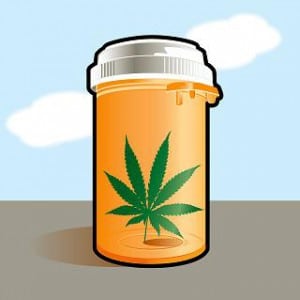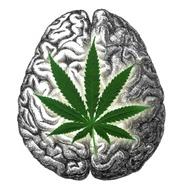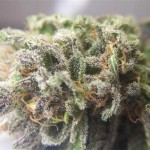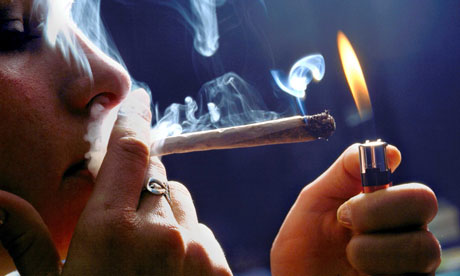Florence, the birthplace of the Renaissance, has been one of the most beautiful cities in the Western world for almost a thousand years. Now considered one of the most desirable tourist destinations of all, especially for its art, architecture and cultural heritage, the city features elegant plazas, palaces, churches, monasteries, museums, art galleries and magnificent parks and gardens.
I’m here for 10 days on a rare personal mission, visiting my friend Soul Lucille without one gig, personal appearance or other responsibility beyond filing this column for the
Metro Times to impede my full enjoyment of this great cultural metropolis, walking the ancient streets where once trod such incredible human beings as Dante, Boccaccio, Leonardo da Vinci, Botticelli, Machiavelli, Michelangelo, Donatello and Gallileo.
I’d been seriously disappointed on previous trips to Italy by the difficulty in finding adequate medicine after the Italian government headed by media baron Silvio Berlusconi (sort of the Rupert Murdoch of Italy) cracked down on marijuana and severely criminalized users and growers. When in Rome the first time in 2006, I met guys who were growing some very good weed where I was staying at Forte Prenestino, the 19th century army installation taken over by the
autonomie movement in the 1980s. But the next time I visited, their gardens had been torn up, their growing had ended.

The only smoke I found in Italy was uniformly low-grade hashish. Someone told me that there was a single source for hash in the criminal underworld and everybody got the same stuff to peddle retail, which seemed to make sense in the society that gave “organized crime” its bad name.
Since then I’ve toured Italy extensively, playing gigs and doing readings and lectures, but nobody ever had any good weed to share, and my symptoms — physical aches and pains, mental anguish, the recurring paucity of creative inspiration —
would go largely untreated until I could get back to my base in Amsterdam.
It was the same thing in France: Beyond Paris, where I had friends in the viper underground, it was difficult to find something medicinal to smoke. Last year I attended the MNOP festival — Music of New Orleans in Perigeoux — and went three days without a joint or even a whiff on the festival grounds. I suffered along with my compatriots from the 101 Runners Mardi Gras Indian funk band — and the entire New Orleans contingent — from the continuous absence of medication.
As a medical marijuana patient in Michigan, I can travel around the state that once imprisoned me for possessing two joints, and to the other 15 states that recognize cannabis as medicine as well as our nation’s capital, without fear of arrest and with a fair assurance of the availability of dosages of appropriate quality wherever I might go. This spring, my friend Ben Dronkers in Amsterdam alerted me to the benefits of medical marijuana status in the Netherlands and, by extension, the European Union.
While it’s still possible for anyone over 18, sick or well, to purchase up to five grams of cannabis over the counter at any of Holland’s 750 coffee shops, the Netherlands has also recognized marijuana as a medicine and allows for prescription by doctors and medical practitioners for a whole range of illnesses.
So I made an appointment with a doctor in Amsterdam who had been recommended to me. I showed him my Michigan patient card and explained that I would feel better if I had a prescribed dose of marijuana in my possession when I was in Holland and elsewhere in the European Union. He wrote me a prescription for 10 grams of cannabis flos to be taken at the rate of one gram per two days.
Read complete article here:
http://www.theweedblog.com/a-card-that-recognizes-marijuana-as-medicine-across-the-eu/











